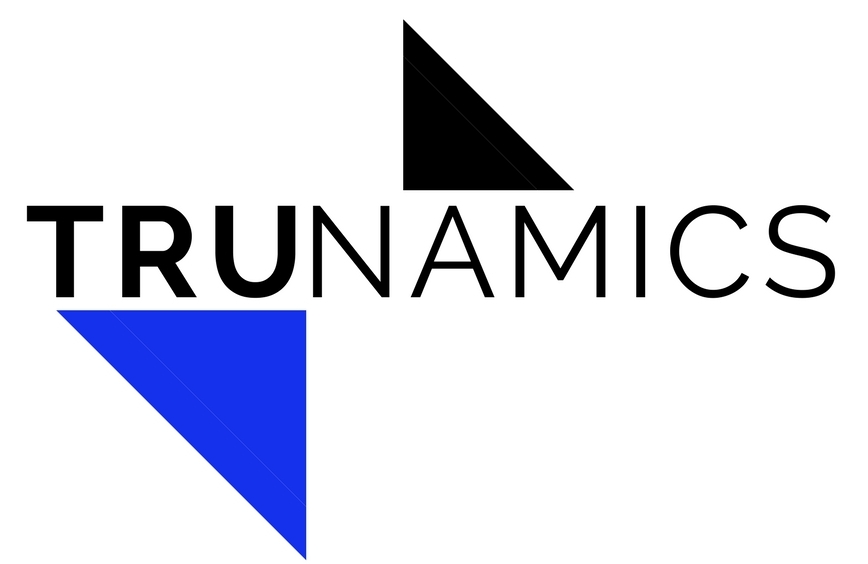Functional + Structural + Energetic + Anatomy
“Integrating multiple truths or perspectives about how the body is designed and functions in order to apply what will be most effective to help our clients heal and flourish.
”
Integrative Anatomy features specific reciprocal areas of the body that integrate and impact the physical, functional, and energetic/emotional levels of our bodies. These reciprocals are an incredibly simple yet effective tool that can balance structure, posture, function, emotions, meridians, central nervous system and proprioceptive nervous system.
Our body is designed with 32 reciprocal pairs that support balance, harmony, and peak physical performance when they are optimized and balanced. These pairs also provide a lens through which we can understand how the proprioceptive nervous system works to guide the function (and structure) of the body. In Integrative Anatomy, you will learn what these points are and how to utilize them, giving you a new way to prepare your clients for body work, enhance your work on specific structural and functional issues, as well as integrate your sessions after you are finished.
Integrative Anatomy isn’t just a technique but rather an integrative approach to the human body that will help you be a more efficient and effective practitioner, no matter what modality you use.
Course Topics
Explore how the three levels of the body - structural, functional, and informational - can be balanced and impacted to improve your therapeutic practice.
Learn 32 reciprocal pairs that help restore balance and function in the body on all three levels.
Learn to integrate the technique and approach into your practice to enhance the efficiency and efficacy of your sessions.
Provide your clients with an effective self-care tool for overall body balance and function.
Understand the fascial network of the body as a means of communication as well as function, support, and emotional expression.
See how the fascial anatomy works through the three planes of motion.
Learn to work with fascia from a functional perspective rather than primarily structural. The fascial anatomy does not change but the way you assess where you should work will be more accurate and specific.
Learn not just another technique to do but how to actually think about your clients’ acute or chronic/persistent issues through an integrative lens that considers how the structure, function, and energetic levels work together.
Gain confidence in integrating multiple modalities in your session.
“If you are trying to help your clients become pain free, restore function, or improve athletic performance, you must understand how all three levels of the body function and integrate.
Understanding how the body moves and all three levels works together, will allow you to bring the right intention and education to your client’s body quickly and more effectively.”
Approved for 4 LMT CEs || Click below to check out a preview
This class is not just teaching static technique, rather we aim to teach you how to think about and approach your clients in a more integrative, comprehensive way.
To help you understand and integrate the modalities you already use with more depth, confidence, and efficacy.
To give you a tool that will quickly help you improve your results.
Integrative Anatomy is a foundational training for other Trunamics Trainings.



